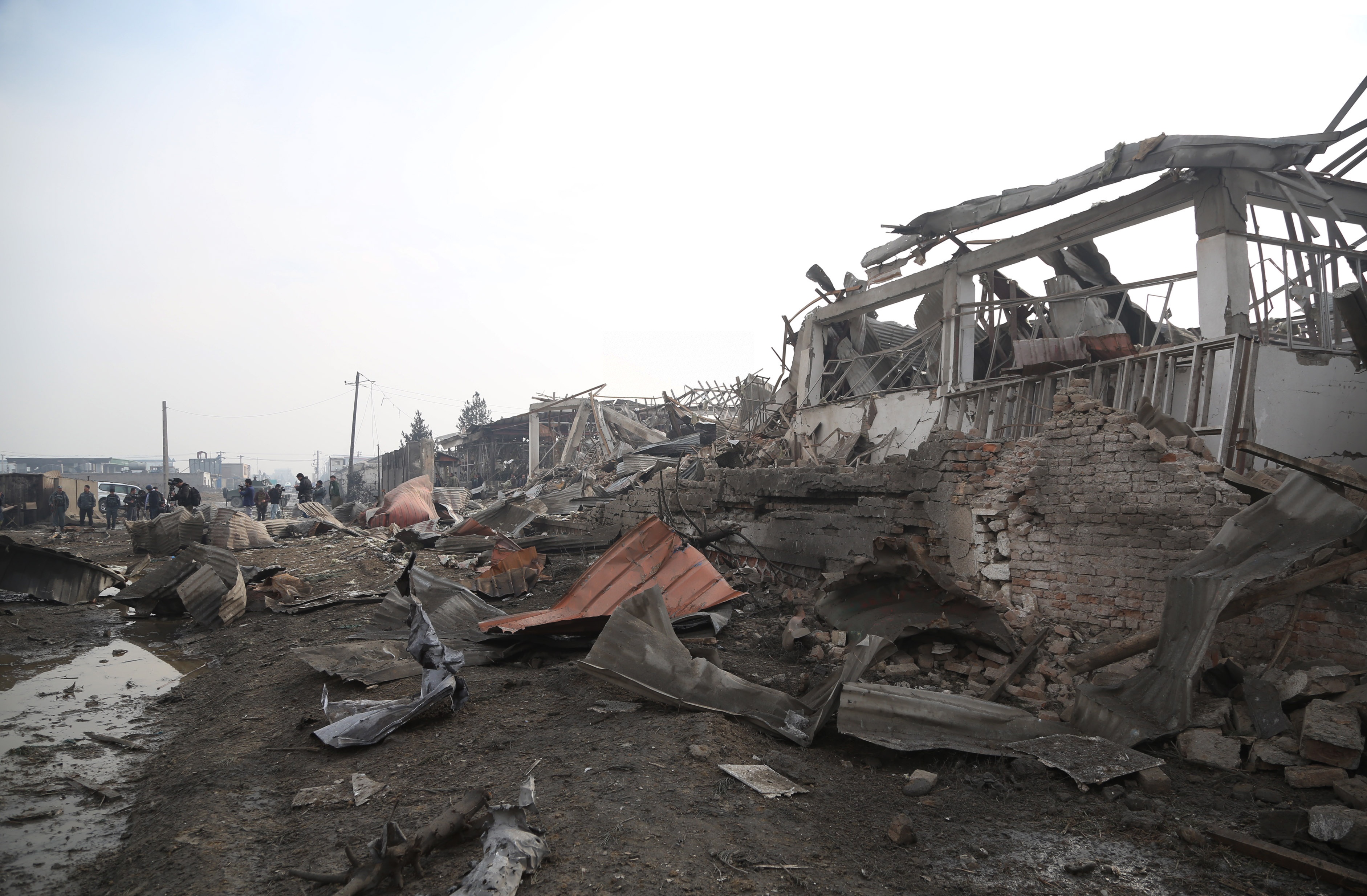The delicate act of restoring peace in Afghanistan
- By Sajjad Malik
 0 Comment(s)
0 Comment(s) Print
Print E-mail China.org.cn, December 19, 2018
E-mail China.org.cn, December 19, 2018

After more than 17 years of bloodshed in Afghanistan, there is a glimmer of hope on the horizon that peace may finally return to the war-torn country. This optimism is borne out of the recent direct talks to end the conflict between representatives of the Taliban and the U.S.
The latest round of talks was held in the United Arab Emirates and aside from the Taliban and the U.S., officials from Pakistan, Saudi Arabia and the UAE were also present. Afghan representatives were not part of the talks as the Taliban wanted to talk directly with the Americans first about the future of the country without involving the Kabul government.
U.S. special representative for Afghanistan, Zalmay Khalilzad, who is leading the drive to restore peace, has already held at least two rounds of talks with the Taliban in Qatar.
The talks are being facilitated by Pakistan, which has been brought on board by the U.S. administration to help its peace and reconciliation process in Afghanistan. Donald Trump wrote a formal letter to Prime Minister Imran Khan earlier this month asking for help to arrange talks.
This is the second time that Americans have been brought into direct contact with the Taliban in an open setting. The stakeholders, including the Taliban, acknowledged that the talks were taking place. The first round of talks was in July 2015 when Pakistan sponsored a similar huddle at the hill resort of Murree near its capital Islamabad.
The Murree initiative fell apart in no time due to the sudden surfacing of the death of the Taliban's founding chief, Mullah Omar. The rebel leader had died well before the start of dialogue, but the news was relayed in a way that quickly derailed the process.
Officials in Islamabad later pointed fingers at rogue elements within the Kabul intelligence community for revealing that Omar was dead, which wrecked the entire initiative.
Omar's successor Mullah Akhtar Mansoor was also killed in 2016 in a U.S. drone attack in Pakistan's south-western Balochistan region. Secretary of State John Kerry said he was a "threat to peace."
His death complicated the search for peace, delaying the process for reconciliation and also further strained Pak-U.S. relations. Fighting and bombings went on, ordinary Afghans paid a high price for it and the Afghan government lost control of more areas to the Taliban.
This does not mean that the Taliban are anywhere close to toppling the government in Kabul. Nevertheless, the Taliban still holds some sway in the country and I think this should be the strongest stimulus for the Taliban to sit with the Americans and try to work out a deal. They have a better chance of success when they are still strong and still a force to be reckoned with.
The latest round of talks is also a product of a strong desire on the part of the U.S. to end the conflict sooner and on a good note. Donald Trump is currently not in a position to go away with the scars of defeat. The administration has come to the somber realization that a military victory in Afghanistan is a wild goose chase, and as a first step towards restoring peace, the U.S. has asked Pakistan to lend a helping hand.
Pakistan, due to its historical involvement in the Afghan imbroglio, holds some degree of sway over the Taliban. Its influence, however, has dwindled over time as the Taliban has found safe areas within Afghanistan to operate from and no longer needs to establish its cells in safe havens in Pakistan.
Another reason for the decrease in Pakistan's influence over the Taliban rebels is that the latter have established good contacts with Russia, Iran and other countries. This can be seen by the participation of the Taliban in Russian-sponsored talks in November and the participation of the UAE and Saudi officials in the latest parleys. Hence, it's clear that the Taliban are not dependent on any single nation.
To bring peace amidst the chaos is an art which depends on multiple factors. Afghanistan is a classic example of complexity where different players and stakeholders are trying to push forward agendas with their own vested interests.
The Afghans, at times, become part of these agendas and on other occasions are forced to look at "The Great Game" from afar. It is important that any peace process should be led and owned by the people and the government of Afghanistan. Otherwise long-term stability will remain a futile search.
Sajjad Malik is a columnist with China.org.cn. For more information please visit:
http://www.china.org.cn/opinion/SajjadMalik.htm
Opinion articles reflect the views of their authors, not necessarily those of China.org.cn.






Go to Forum >>0 Comment(s)